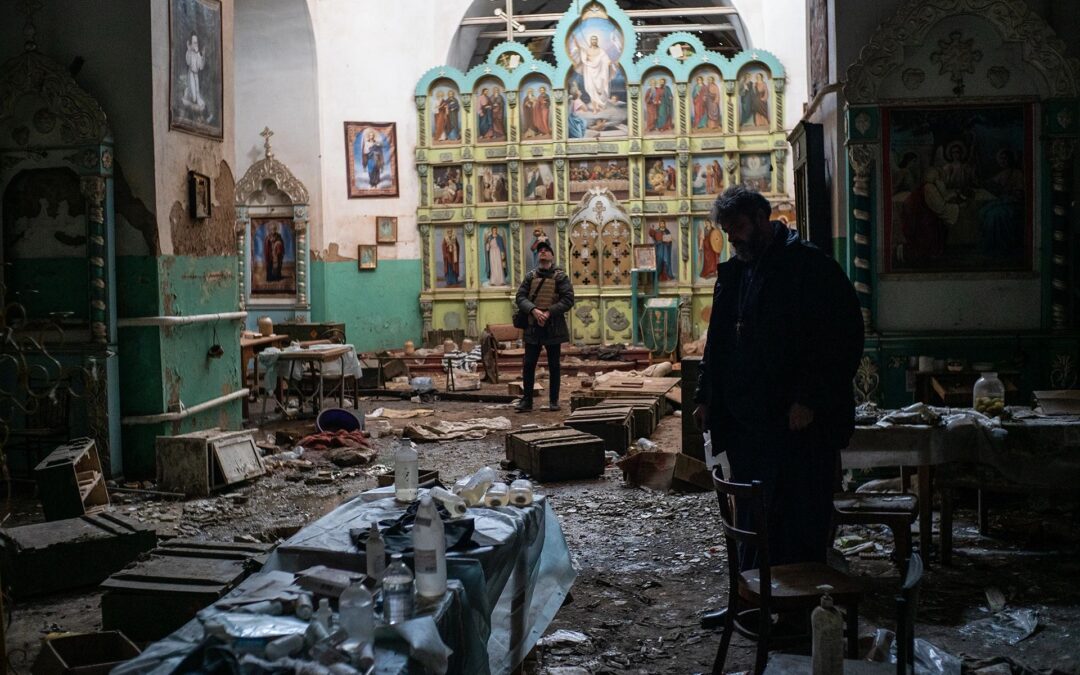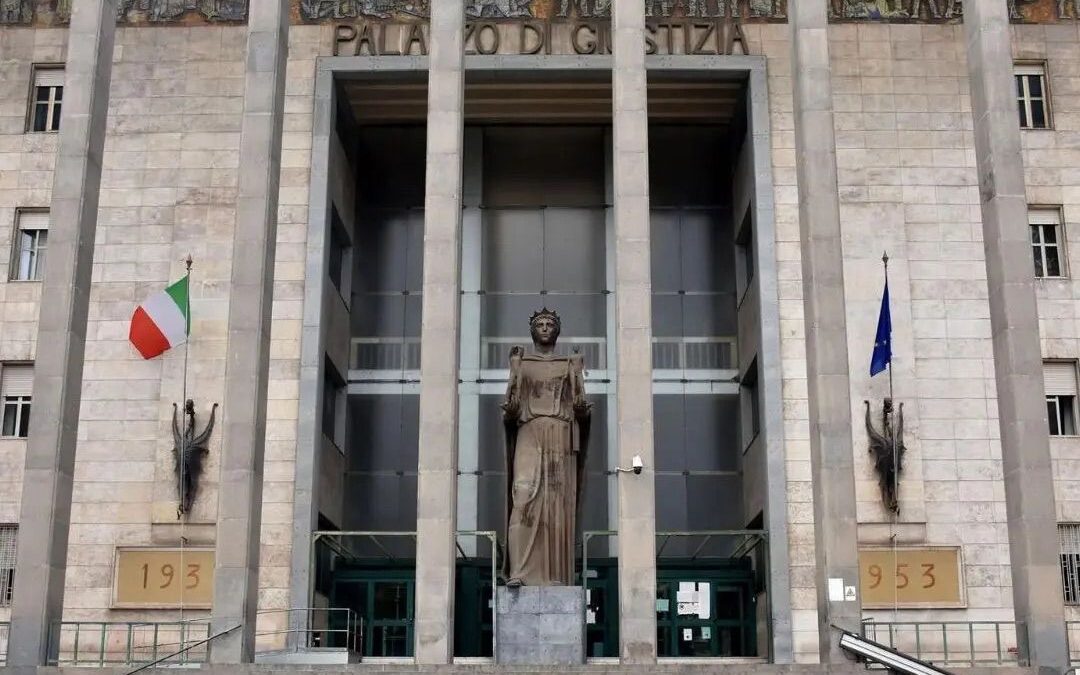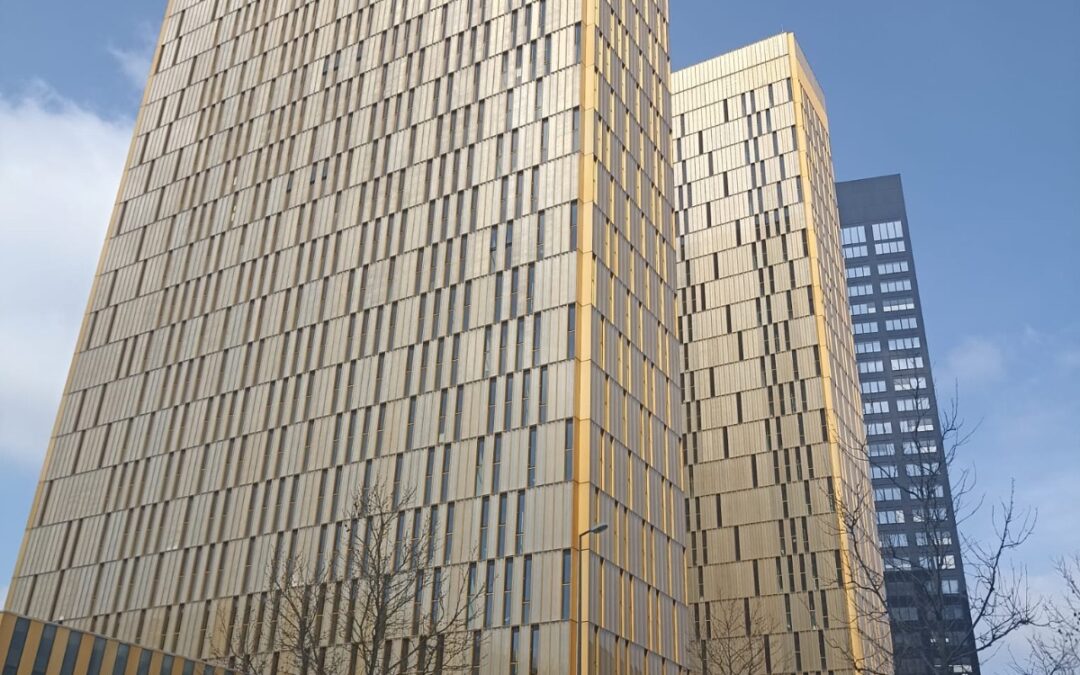The Eppo and the Law
A step forward in integrationThird cycle of the module 2024 The Eppo and the Law

Here you will find all the information about our third THE EPPO AND THE LAW module, 2024 edition.
- Supported by the European Parliament
- Accredited by the Milan Bar Association and by the NationalBar Council.
- Accredited by chartered accountants.
- Inserted in high school students activities within the context of PCTO and the NRRP (National Recovery and Resilience Plan).
The PCTO project (commonly known as school-work alternance) is an educational method designed to allow high school students to combine the mostly theoretical scholastic education with a practical work experience within a private or public entity. PCTO implies periods of professional formation in enterprises or other activities that may strengthen the students’ integration into the labour market (i.e. orientation days, meetings with companies and professionals, internships, research, project work etc.). The alternance has been made mandatory since 2015.
Topics of Third cycle of the module 2024
Nessun risultato
La pagina richiesta non è stata trovata. Affina la tua ricerca, o utilizza la barra di navigazione qui sopra per trovare il post.
Activities

Lebanese Cultural Heritage in Conflict
Author: Sherine Al Shallah Committee: Eppo & Cultural Heritage Crimes Committee Date: 16/11/2024 Background The attacks on Lebanon since September 2024 have destroyed (in Nabatieh) and threatened to destroy (in Tyre and Baalbeck) significant cultural heritage...

The role of EPPO in protecting cultural heritage in armed conflict: the case of Ukraine
Author: Francesca Marasi and Andrzey Jabukowski Committee: EPPO & Cultural Heritage Crimes Date: 14/11/2024 Ukraine’s cultural heritage as a war target While Russia’s attacks on Ukraine's cultural heritage already began in 2014 with the occupation of the country’s...

Sentenza Del Tribunale Di Catania Del 18/03/2024 In Materia Di Competenza Dell’eppo
Author: Suchan Pietro, Rossitto Corrado. Commitee: Prosecutors Committee Date: 12/11/2024 L’interessante decisione del tribunale di Catania in data 18 marzo 2024 e divenuta irrevocabile il 14 marzo 2024 per declaratoria d’inammissibilità del relativo ricorso per...

New Commentary to case G.K. and Others (C-281/22) by E. Traversa
Author: Marta Ramat Committee: Academic Committee Date: 10/11/2024 This short post is to announce that an insightful article, commenting on the famous G.K. and Others judgment of the CJEU, has been recently published (in Italian) in Issue 1-2/2024 of the Italian law...

Funded by the European Union. Views and opinions expressed are however those of the author(s) only and do not necessarily reflect those of the European Union or the European Education and Culture Executive Agency (EACEA). Neither the European Union nor EACEA can be held responsible for them.
